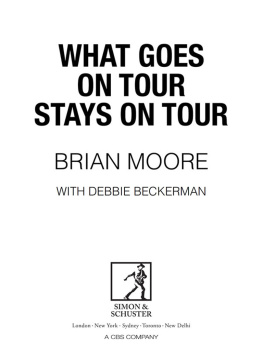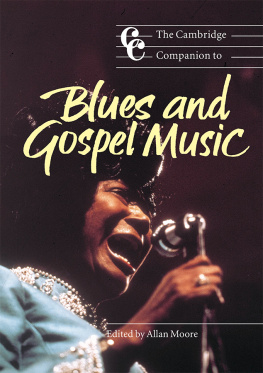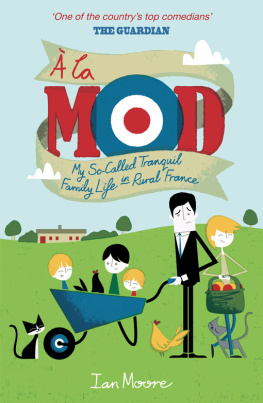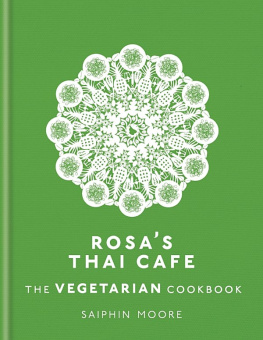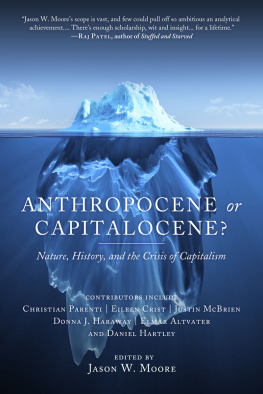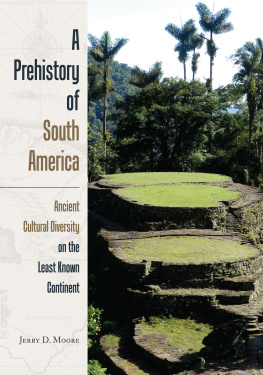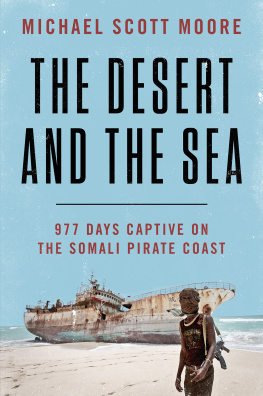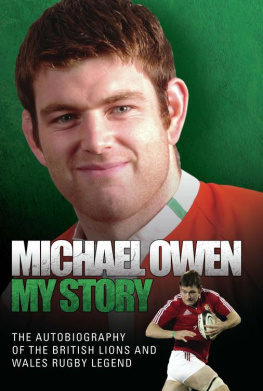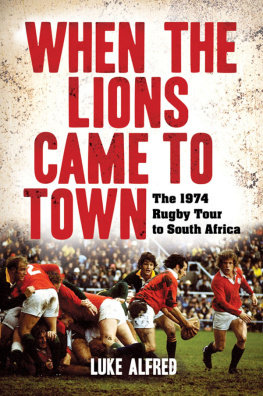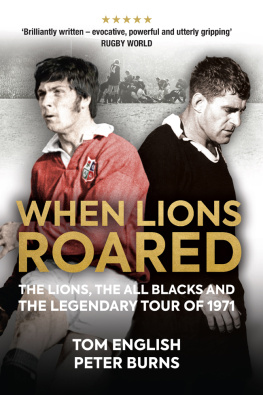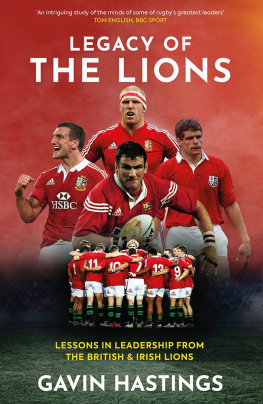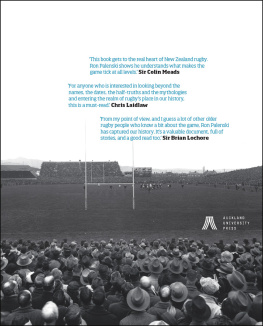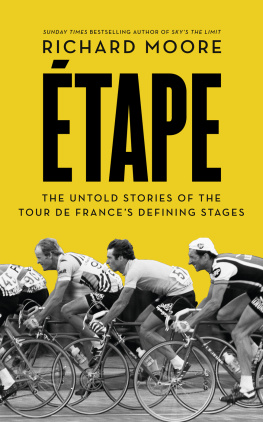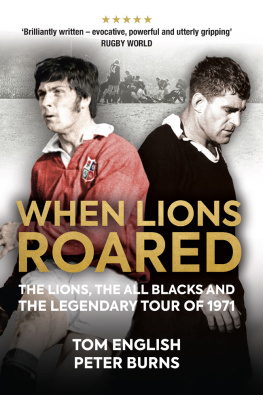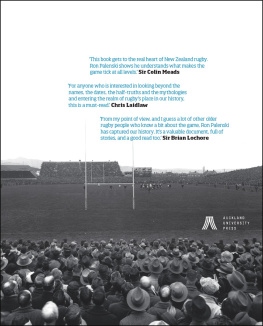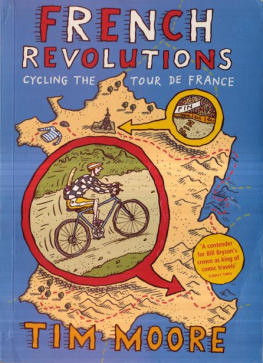WHAT GOES
ON TOUR
STAYS ON TOUR
First published in Great Britain by Simon & Schuster UK Ltd, 2014
A CBS COMPANY
Copyright 2014 by Brian Moore
This book is copyright under the Berne Convention.
No reproduction without permission.
All rights reserved.
The right of Brian Moore to be identified as the author of this work has been asserted by him in accordance with sections 77 and 78 of the Copyright, Designs and Patents Act, 1988.
Simon & Schuster UK Ltd
1st Floor
222 Grays Inn Road
London WC1X 8HB
www.simonandschuster.co.uk
Simon & Schuster Australia, Sydney
Simon & Schuster India, New Delhi
Every reasonable effort has been made to contact copyright holders of material reproduced in this book. If any have inadvertently been overlooked, the publishers would be glad to hear from them and make good in future editions any errors or omissions brought to their attention.
A CIP catalogue record for this book is available from the British Library
ISBN: 978-0-85720-254-3
Ebook ISBN: 978-0-85720-255-0
Typeset in the UK by M Rules
Printed and bound by CPI Group (UK) Ltd, Croydon, CR0 4YY
To my tremendous editor and equally tremendous friend, Debbie, without whom this book would, literally, not have been completed.
Preface
Im often asked if I miss playing, and the truth is that I miss it more than is healthy for someone who has been retired for nearly seventeen years. The fact is that I cannot recreate the adrenalin-fuelled battles that took place on the pitch, whatever other pastime I take up, and I know I am simply too old and unfit to play at anything approaching a decent level again.
All that said, while the thrill of combat is the essence of what we do on the pitch, it is the camaraderie and the fun off it that I miss even more. I miss my friends; I miss the verbal jousting; I miss their warmth and their humour. Nowhere are all these elements more apparent than when a team tours or plays in a tournament, and that is one reason why I have written this book.
I wanted to recount some of the highs and lows of touring, the special way in which rugby approaches the challenges thereof, and in particular the experience of playing with some of the characters with whom I was lucky enough (or not) to tour. I think that I am one of only a few people left who played and experienced tours and tournaments at all levels of the game: Junior tours (with the Old Crossleyans), England Students and England Under 23 tours, a Penguin tour to Brazil, a Barbarian sevens tournament abroad, England tours and World Cup tournaments, and tours with the most famous touring team of all, the British Lions. I counted up the number of countries I have visited through rugby, and while not all of these visits involved full tours or tournaments, they did involve playing a game of some sort where a team travelled abroad and stayed to play that game. The total number of countries came to 29.
The early chapters set out what might be called coarse touring: the average junior club non-professional trips that annually take place in various parts of the country and globally. The descriptions will be instantly recognisable to players who have enjoyed such tours, and will, I hope, provide an insight to senior and modern players of what still happens at that level of the game. Tour Courts those quasi-ubiquitous rugby tour institutions entertainment committees, tour rules and songs, all feature heavily, illustrated by examples that I hope readers will find entertaining.
Inevitably, many of the stories involve tales of drinking, often to excess; when that happens, what comes next is hardly ever edifying. The bar games and songs might be seen by some as boorish, even stupid, and readers are entitled to their views. All I will say is that those who understand the team dynamic will attest to how these things help foster team spirit. In any event, they are harmless when all is said and done, and if others dont like them, who cares? They dont have to join in. I apprehend that some people will also seek to stigmatise and caricature the stories as macho and, worse, sexist and/or homophobic. It is almost impossible to prevent those determined to be vicariously offended from being so. What I would say is that these things pertain to both male and female rugby tours, and the number of womens tours has grown hugely in the last few years. Behaviour by male and female, gay and straight teams might still be riotous and bawdy, but given that they all go in for it, and in a similar way, if they are not offended, why are you?
Later in the book I detail the development of international tours and how they evolved from being not much above that of an amateur level to a semi- and then fully professional one. This, I hope, will be of interest to junior players who will not experience touring at a higher level, as they will see not only the differences between the latter and their own more modest sojourns abroad, but also the similarities. Conversely, when todays international players consider what used to happen on earlier tours, they will understand what they have gained and lost as a result of the game going professional. They will look with envy at the relative freedom enjoyed by their predecessors in terms of what they could do off the field and the enjoyment that went with that. But they will probably not envy or perhaps even understand how international teams put up with the relatively primitive standards of preparation, travel and accommodation.
While the book tells many stories of happenings on and off the field, it also tries to explain the logistics of travelling and playing in large and disparate groups, issues the reader might not have thought about, but which were important, if only in a subtle way. I especially wanted to explain why tournaments are different from other forms of competition, and why experience of them is essential to success at later tournaments, something that some sports do not appear to have understood yet and/or accepted.
While writing the book, I had time to relive some of the challenging, funny and important moments of a long career. In doing so, I was constantly reminded how lucky I was to have played in an era that saw huge changes in rugby at most levels. I was also reminded of one of the great benefits of playing a team sport: I could not only derive enjoyment from my own experience of playing, but could also vicariously share in the enjoyment of others. When I meet former team-mates of mine years later, from whatever team, I almost instantly rediscover the rapport I had with them and that is especially true if I toured with them.
Touring, above all else, creates a unique and ever-lasting bond. I hope that those involved in rugby will identify with the themes in the book, and that even readers who have neither played rugby nor toured will get an insight into why those who are fortunate enough to do both feel the experience is a special one.
1

The Art of Coarse Touring
The first tour I ever went on was an Old Crossleyans cricket tour. Well, it wasnt a tour, really, more of a long weekend to Watford. As we were coming down from Halifax, I nonetheless viewed our trip south with some excitement, given that I was seventeen at the time.
I attended Crossley & Porter grammar school, and had started playing senior rugby and cricket for the Old Crossleyans when I was seventeen. Although I played at hooker for their first XV, I also played in the centre for my school team, and would often turn out for both teams on Saturdays: I would play for the school in the morning and for the Old Crossleyans in the afternoon. You are not allowed to do this now under RFU rules, as they view it as a health and safety hazard, which it probably would be for many people.

